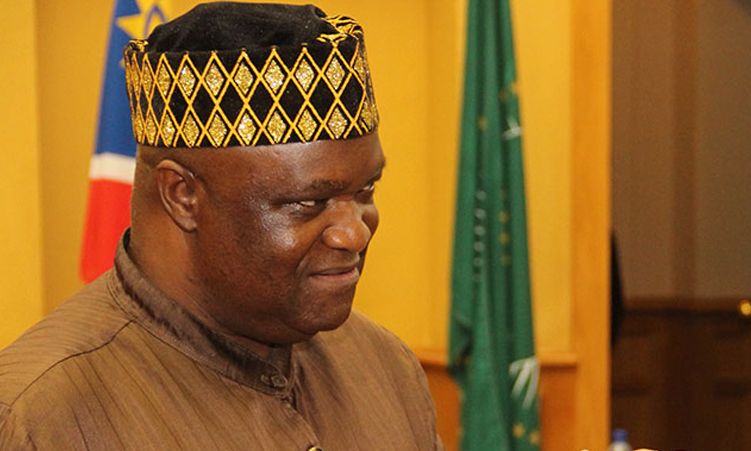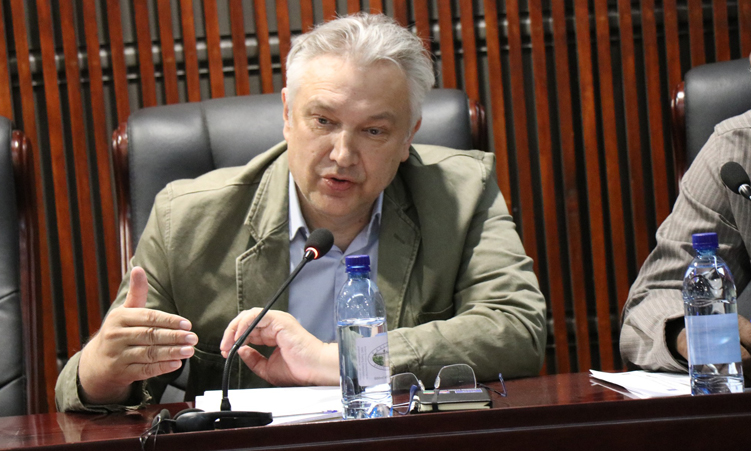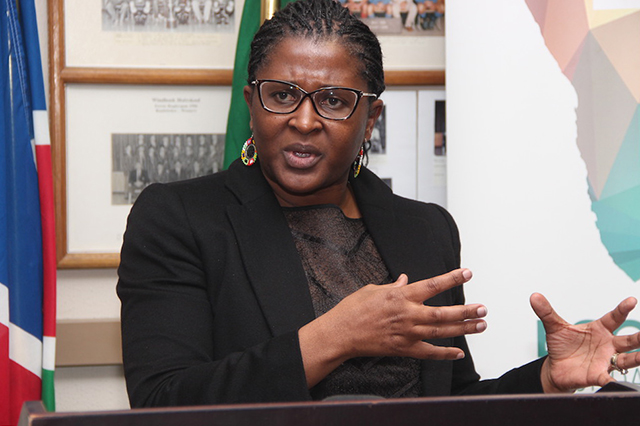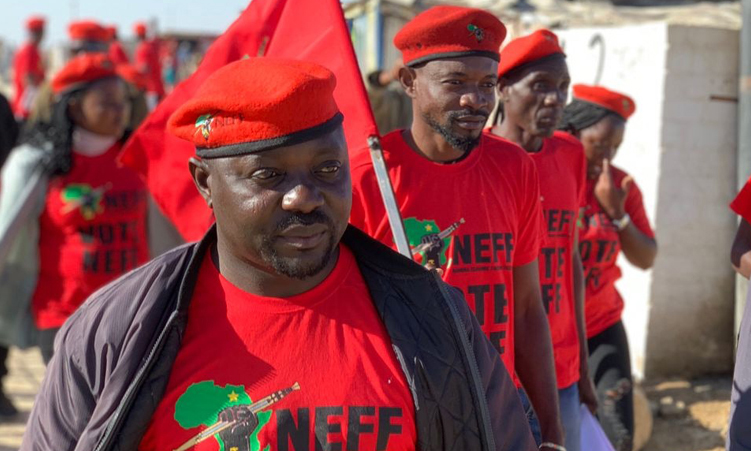Civil society, human rights activists and opposition parties have called for the complete withdrawal of the public gatherings and processions bill.
They claim it stifles Namibians’ freedom of expression.
The bill, introduced by home affairs, immigration, safety and security minister Albert Kawana in parliament, aims to regulate public gatherings and processions.
Kawana on Wednesday asked for debates on the bill to be set aside until after the upcoming elections.
He said this will give ample time to consult before further discussions on the bill, which is widely considered to be draconian.
“I heard some of the views expressed by our colleagues and therefore, because of the limited time available to consult now, I feel that maybe this bill [should] be put on abeyance until further notice, when we come after elections,” Kawana said.

DROP IT
Institute for Public Policy Research (IPPR) executive director Graham Hopwood says the bill should be dropped in its present form and completely redrafted, following a period of public consultation.
“The bill as it stands seems to be an attempt to curtail political protest. It is designed to frustrate people wanting to exercise their legitimate right to protest in a democracy, by putting up bureaucratic and other obstacles,” Hopwood says.
He further says the bill is “poorly drafted” and should not have been brought before parliament in its current state.
“It undermines article 21 of the Constitution, which protects the freedom to assemble peacefully. As far as I am aware, no consultations were held to discuss the bill with civil society or other key stakeholders.

“In light of the violent break-up by the police of the #ShutItAllDown protest in 2020 and subsequent police heavy-handedness at various youth organised protests, there is a need to uphold the Constitution and protect the civic space for peaceful demonstrations rather than clamp down on the right to protest,” adds Hopwood.
Social justice activist Nafimane Hamukoshi says given the significant concerns raised about the bill’s constitutionality and its resemblance to colonial-era restrictions on freedom, it should be completely withdrawn, rather than merely redebated.
“The proposed legislation appears to undermine the rights of Namibians to demonstrate peacefully and express dissenting opinions, which are essential components of a healthy democracy,” Hamukoshi says.
Such restrictions “disproportionately” affect young people, who are increasingly seeking platforms to voice their concerns and advocate change, she adds.
“By limiting these freedoms, we risk stifling future generations’ ability to engage in meaningful dialogue and activism, effectively curtailing their capacity for self-expression and civic participation.”
Hamukoshi says the postponement of the bill, however, could be a necessary step in acknowledging the strong criticism it has received from various groups and individuals who recognise its potential to infringe upon constitutional rights.
“By putting this bill on hold, there is an opportunity for a more thorough examination of its implications on civil liberties. It is crucial that any legislation respects the democratic principles that allow citizens to express their views freely without fear of repression or punishment,” Hamukoshi adds.
REJECTED
Popular Democratic Movement lawmaker Maximalliant Katjimune has called for the rejection of the bill in parliament.
“When there is public disdain about particular economic and social issues in the country and there is an upsurge in demonstrations because of those issues, the government must deal with the substantive issues as they are and stop trying to be creative by introducing oppressive laws,” he adds.
Stay informed with The Namibian – your source for credible journalism. Get in-depth reporting and opinions for
only N$85 a month. Invest in journalism, invest in democracy –
Subscribe Now!






